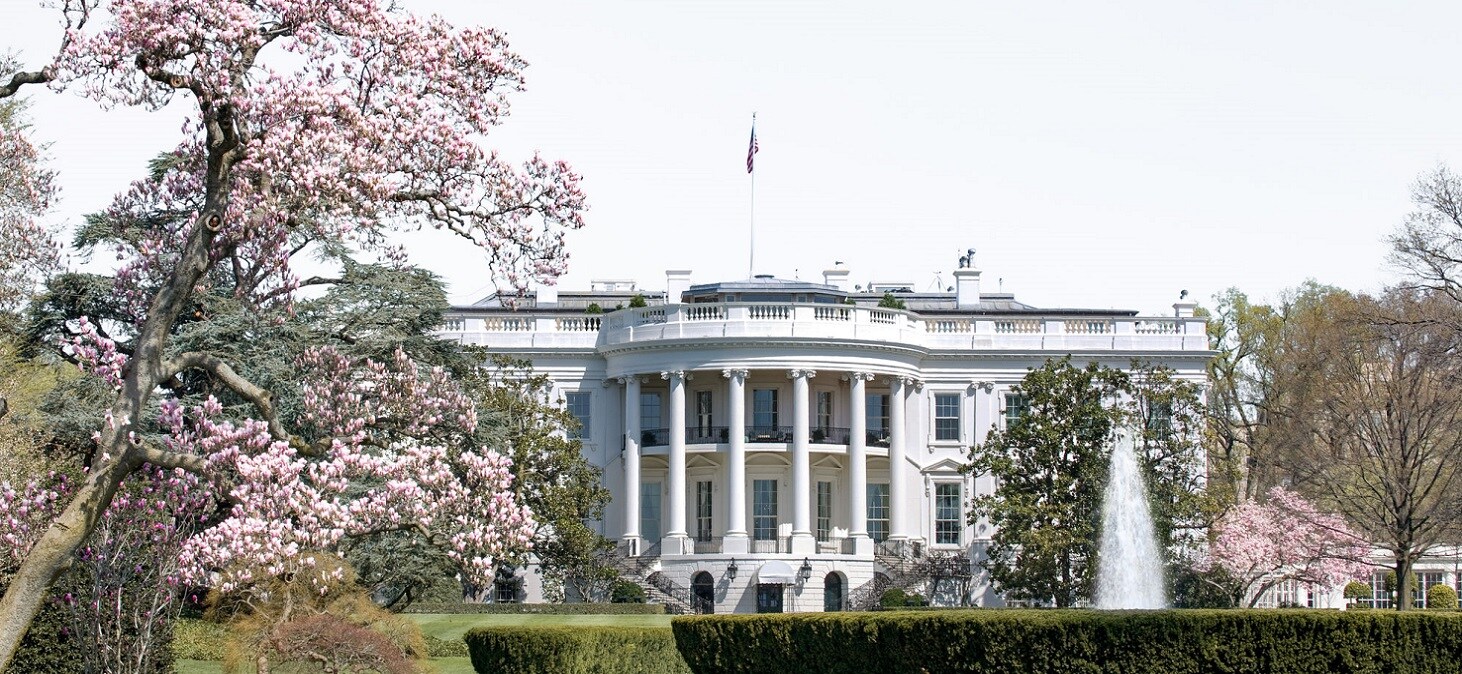
CIO thinks the right balance of US large-caps, international and US small-cap stocks, quality bonds, and alternative assets can allow investors to position for long-term returns while navigating near-term risks. (UBS)
While Trump will have to wait another one to two weeks to officially claim the Republican nomination, the first potential repeat of US presidential matchups since 1956 is likely to dominate headlines in the coming months. US elections have important implications for investors, but picking profitable investments or market outcomes on the basis of US elections is not straightforward.
Political fortunes can shift markedly over the course of a long presidential campaign. The presidential election takes place in November, but political pundits and investors often start making predictions as early as the spring. History suggests this is a mistake. Candidates who lead in the polls in March, April, May—or even into the summer—don’t necessarily win the race. In fact, candidates with an early advantage failed to take the keys to the White House in 1980, 1988, and 1992. To give one example, Democratic Governor Michael Dukakis led then-Vice President George H.W. Bush by 17 points in late July 1988, but Bush went on to become the president. It is also noteworthy that polls ahead of the Super Tuesday contest exaggerated the expected margin of former President Trump's victory, a reminder that investors should not place too much weight on tallies of public opinion.
Contentious election campaigns do not trigger an equity market correction. Investors are often anxious to know whether a specific election result will have a significant impact on portfolio performance. But while fiscal and regulatory policies can affect the performance of specific asset classes in the short run, longer-term portfolio management decisions should be treated as an apolitical exercise. Data going back to 1928 suggests that markets don’t tend to do better or worse during election years than on average. Equally, returns for the S&P 500 don’t seem to be affected by which party wins the presidency.
Policies are shaped by factors beyond the outcome of the presidential race. American presidents have huge sway over foreign policy and trade, but on domestic issues they are constrained by acts of Congress. As a result, major economic or social legislation tends to occur only when one party secures control of the White House as well as both the House of Representatives and the Senate. In addition, while the animosity between Republicans and Democrats has intensified in recent years, this gulf can also be exaggerated. For example, investors expecting the green-leaning President Biden to clamp down on oil drilling have been surprised, with the US oil output climbing to record levels under his presidency. Overall, we think investors should not overreact merely to the outcome of the presidential election when they look at the implications to various sectors.
So, we continue to believe that longer-term portfolio decisions should be apolitical. Against the current backdrop, we think the right balance of US large-caps, international and US small-cap stocks, quality bonds, and alternative assets can allow investors to position for long-term returns while navigating near-term risks.
Main contributors – Solita Marcelli, Mark Haefele, Thomas McLoughlin, Daisy Tseng, Christopher Swann, Jennifer Stahmer
Read the original report : Taking a longer view amid US election uncertainty, 6 March 2024.


